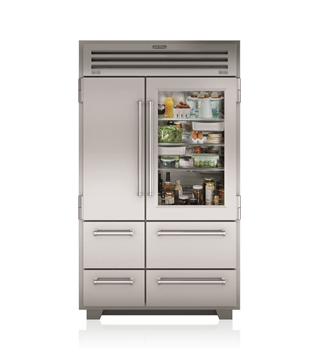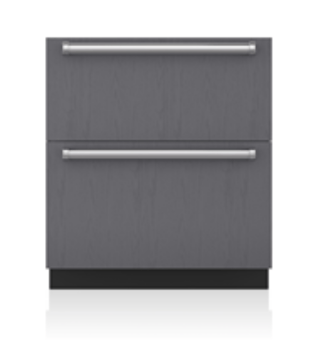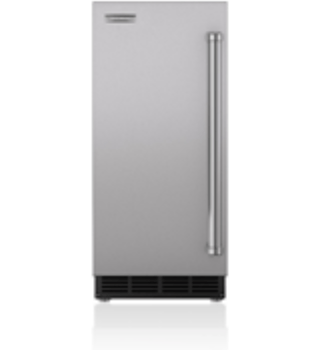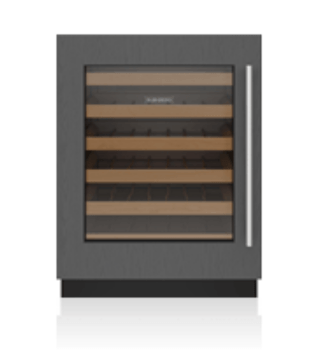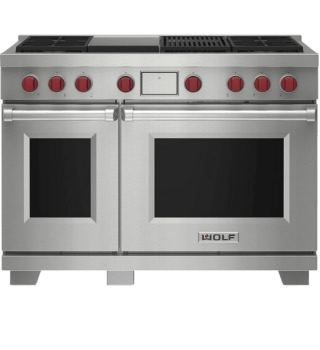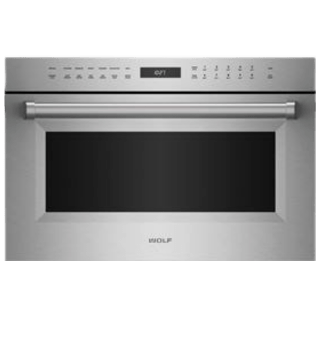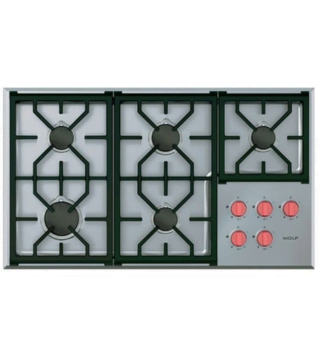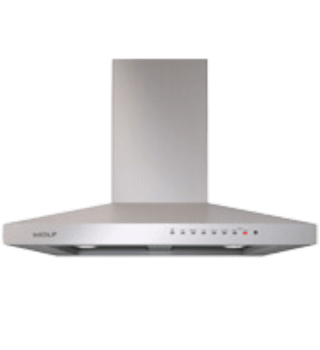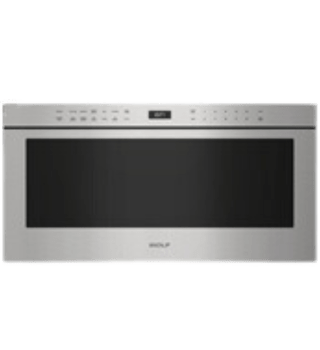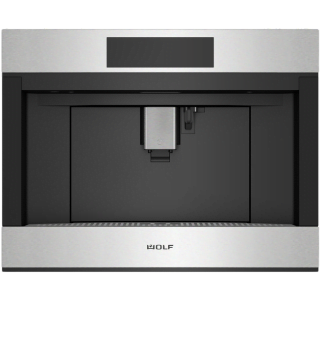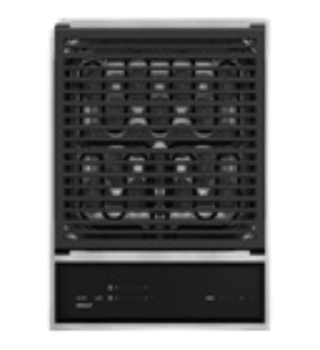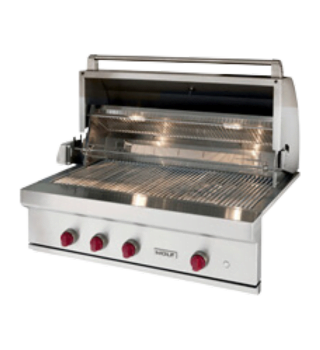The sound of a refrigerator humming away in your kitchen is usually a sign of normal operation. However, when your Sub Zero refrigerator begins making unusual noises, it can be alarming and disrupt the tranquility of your home. Whether it’s a persistent buzzing, clicking, rattling, or even loud knocking, identifying the cause of the noise is essential for resolving the problem and maintaining the efficiency of your refrigerator.
In this comprehensive guide, we’ll delve into the common reasons why your Sub Zero refrigerator might be making noise and provide actionable solutions for each issue. Whether the noise is coming from the compressor, fan, or waterline, this article will help you pinpoint the source and take steps to fix it.
1. Common Sounds from a Sub Zero Refrigerator and What They Mean
Sub Zero refrigerators are designed with advanced technology and high-quality components, but even these luxury appliances can produce a range of noises. While some are normal, others may signal a need for maintenance or repair. Here’s a breakdown of common refrigerator noises and their possible causes:
1.1 Humming
A gentle humming sound is usually normal and comes from the compressor or fans. However, if the humming becomes louder, it might indicate a problem with the compressor or condenser coils.
1.2 Buzzing
Buzzing is often associated with the water inlet valve or ice maker. If you hear this sound when the ice maker is filling with water, it’s likely normal. Persistent buzzing, however, could indicate a malfunction.
1.3 Clicking
A clicking sound might be caused by the defrost timer or a relay switch turning on and off. If the clicking becomes repetitive, it may indicate a failing relay or compressor.
1.4 Rattling
Rattling can result from loose parts or the refrigerator being placed on an uneven surface. It can also indicate that the condenser fan is malfunctioning.
1.5 Knocking or Banging
Knocking sounds are less common but might occur if the compressor is struggling or the waterline is loose.
2. Diagnosing Noise from Different Components
To effectively resolve the issue, it’s important to locate the source of the noise. Sub Zero refrigerators are built with multiple components that can produce sound under specific conditions. Below are the key areas to inspect:
2.1 Compressor Issues
The compressor is the heart of your refrigerator, responsible for circulating refrigerant to keep your food cold. If it becomes faulty or works harder than usual, it may produce a loud humming or knocking sound.
Solution:
- Check if the refrigerator is overfilled, as this can cause the compressor to overwork.
- Clean the condenser coils to improve airflow and reduce strain on the compressor.
- If the noise persists, consult a professional technician to inspect or replace the compressor.
2.2 Condenser Fan Problems
The condenser fan helps cool the compressor and condenser coils. Dirt or debris stuck in the fan blades can cause a rattling or buzzing noise.
Solution:
- Unplug the refrigerator and locate the fan near the back or bottom.
- Clean the fan blades with a soft brush or vacuum to remove debris.
- Ensure the fan motor is functioning properly; replace it if necessary.
2.3 Evaporator Fan Malfunction
Located inside the freezer, the evaporator fan circulates air to maintain an even temperature. If this fan becomes faulty, you might hear squealing or grinding noises.
Solution:
- Check for ice buildup around the fan and remove it to restore proper airflow.
- Inspect the fan for physical damage; replace it if it’s worn out.
2.4 Ice Maker Noises
If your Sub Zero refrigerator has an ice maker, noises like clicking, buzzing, or knocking may occur during the ice production process. While some sounds are normal, excessive noise could indicate a blockage or malfunction.
Solution:
- Check the waterline for kinks or blockages and ensure it’s securely connected.
- Inspect the ice maker for any broken parts or excessive ice buildup.
- Reset the ice maker if necessary.
2.5 Loose or Vibrating Components
Sometimes, the source of the noise is simply a loose panel or a component vibrating against another surface.
Solution:
- Tighten screws and bolts on the back and sides of the refrigerator.
- Ensure the refrigerator is level by adjusting the legs or placing shims underneath.
3. Preventative Maintenance Tips to Avoid Noise Issues
Preventative maintenance can go a long way in keeping your Sub Zero refrigerator quiet and efficient. Here are some essential tips to reduce the likelihood of noise-related problems:
3.1 Regular Cleaning
- Clean the condenser coils every 6-12 months to prevent the compressor from overworking.
- Remove dust and debris from fans and vents to ensure smooth operation.
3.2 Proper Placement
- Place the refrigerator on a level surface to prevent rattling or vibration.
- Avoid placing the appliance too close to the wall, as this can block airflow and increase noise.
3.3 Check Door Seals
- Ensure that the door seals are tight and free from damage. Loose seals can cause the compressor to work harder, leading to noise.
3.4 Monitor the Ice Maker
- Regularly inspect the ice maker for any signs of blockage or wear and tear.
- Replace the water filter every 6 months to maintain optimal performance.
4. When to Call a Professional
While some noise issues can be resolved with basic maintenance, others may require professional assistance. Here are some scenarios where you should call a certified Sub Zero technician:
- The compressor is making loud knocking sounds, indicating potential failure.
- The evaporator or condenser fan is damaged and needs replacement.
- Noise persists despite cleaning and troubleshooting.
- The refrigerator is no longer cooling properly, alongside making noise.
5. Secret Tips to Keep Your Refrigerator Running Quietly
Here are some “secret tips” to ensure your Sub Zero refrigerator remains quiet and efficient:
- “Avoid overloading your refrigerator.” Overfilling the appliance can block airflow, causing the compressor to overwork and produce noise.
- “Place soundproof padding underneath.” Using vibration-absorbing mats or pads can help reduce noise caused by the refrigerator’s operation.
- “Schedule regular professional maintenance.” Annual check-ups by a Sub Zero technician can catch potential problems before they become noisy disruptions.
6. Troubleshooting Table for Common Noise Issues
| Noise Type | Possible Cause | Solution |
|---|---|---|
| Humming | Compressor or fan | Clean condenser coils; check fan motor |
| Buzzing | Ice maker or waterline | Inspect waterline; reset ice maker |
| Clicking | Defrost timer or relay switch | Replace faulty relay or timer |
| Rattling | Loose parts or uneven surface | Tighten screws; level refrigerator |
| Knocking/Banging | Compressor or waterline | Check compressor; secure waterline |
FAQs
Q1: Is it normal for my Sub Zero refrigerator to make noise?
A1: Some noise, such as humming or occasional clicking, is normal. However, excessive or unusual sounds may indicate an issue that requires attention.
Q2: How do I stop my Sub Zero refrigerator from making noise?
A2: Identify the source of the noise and follow maintenance steps like cleaning coils, tightening loose parts, or leveling the appliance.
Q3: Can I repair a noisy compressor myself?
A3: It’s best to leave compressor repairs to a certified technician, as it involves complex components and refrigerant.
Q4: How often should I clean the condenser coils?
A4: Clean the coils every 6-12 months to ensure optimal performance and reduce noise.
Q5: What should I do if my refrigerator is still noisy after troubleshooting?
A5: Contact an authorized Sub Zero technician to diagnose and repair the issue.

